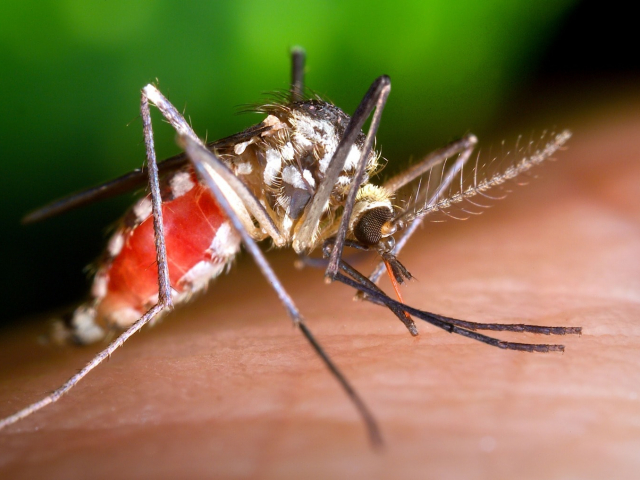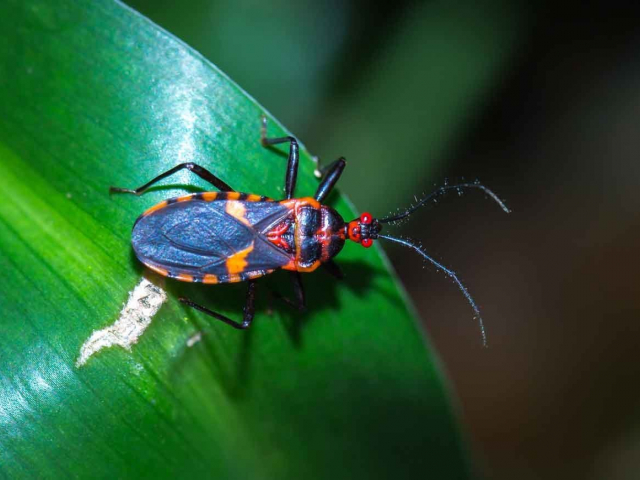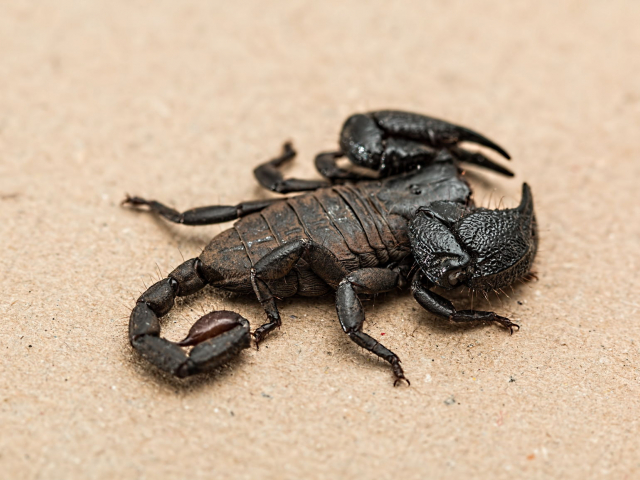Mosquitoes
Mosquitoes are considered the deadliest predators in the world, killing 725,000 people a year. Of course, this refers not to the common mosquitoes that are widespread everywhere, but to Anopheles mosquitoes – carriers of malaria, a dangerous infectious disease. Malaria epidemics occur most often in Africa. According to the latest data, this region accounts for 95% of disease cases and 96% of deaths from global statistics.
Snakes
Snakes hold the second place in the ranking of the planet's most dangerous predators. According to the latest data, reptiles kill 138,000 people annually, and they do so in various ways. Some snakes can kill a human with just two drops of venom during a bite, while pythons capture their prey with their long bodies, squeeze it, strangle, break its bones, and then swallow the prey whole.
Dogs
Paradoxically, dogs, which are considered our best friends, kill 59,000 people a year. This refers to dogs infected with rabies. This dangerous disease is transmitted to humans through the animal's saliva during bites or scratches. According to the World Health Organization, dogs are currently the leading cause of rabies deaths in humans, accounting for up to 99% of all cases of rabies transmission to humans.
Bedbugs
These blood-sucking insects, widespread in Central and South America, kill 10,000 people annually. The reason is that these killer bedbugs are the primary spreaders of the deadly Chagas disease, which affects the heart, digestive, and nervous systems. The disease is transmitted through the bite of a killer bedbug or by consuming cold food contaminated with the insect.
Scorpions
Scorpions round out the top 5 most dangerous predators in the world, killing more than 3,000 people each year. Scorpions sting people with their tails, but not all arachnid bites can lead to death. Dangerous toxins that can cause cardiac arrest are found in the venom of only 25 scorpion species out of more than 2,600 existing species. One of the deadliest scorpions is the Jordanian. Its venom is particularly dangerous for people with chronic health problems, including heart disease.

 Stay
Stay 




 256
256 5
5





